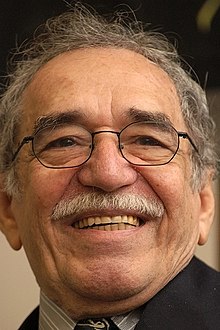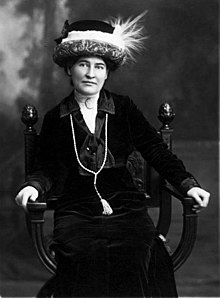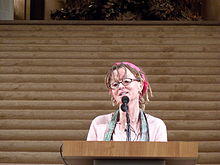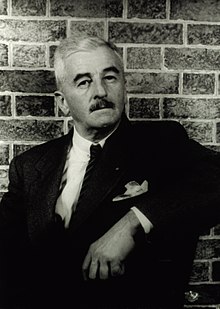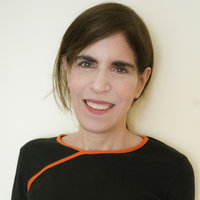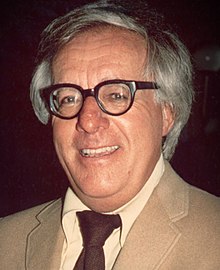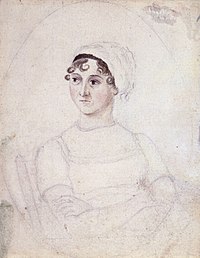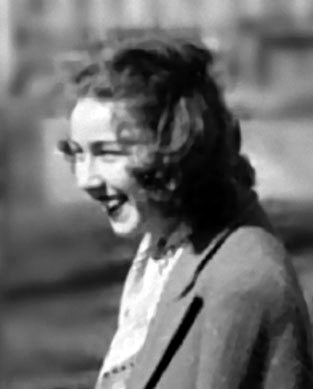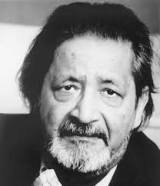I just returned from teaching a writing class on The Art of the Quest Narrative at the North Cascades Institute on Diablo Lake in the heart of the North Cascades. As usual, the class went very well as students had a chance to unplug from busy lives and spend some time getting black on white.
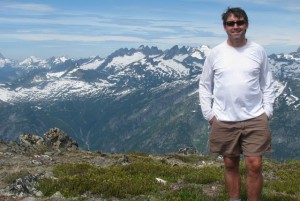
Prior to teaching the class, I embarked on my own quest to climb Pyramid Peak, a steep, snow-clad summit that towers over the institute. Fortunately, the quest was successful as you can see from this photo of me on the summit with the amazingly wild Picket Range in the background.
Climbing Pyramid put me in a great frame of mind to teach the writing class, which addressed human aspiration in all of its myriad forms, whether seeking to find the perfect peach or reach the summit of a mountain. Here are some comments from the writing class participants:
I learned about the structure that underlies any good story. Nick provides a lot of information in clear, simple terms. He is encouraging, helpful and open with his knowledge. Taking this writing class makes me want to keep writing!
Carolyn Adams, KirklandI arrived with some material I found in a 1927 diary written by my mother when she and her mother moved from Indianapolis to L.A. in a Franklin roadster. I’m leaving this writing class with a method for structuring this quest story, but also a process for structuring other types of stories. Most importantly, I leave with a process for keeping me writing. Thank you, Nick!
Mary Brown, North BendI’ve taken four other writing classes with Nick and always come away with new learning, encouragement, help toward publication, and a fairly well-worked new story, with ideas and tips for many more. Nick is always positive and helpful and can be trusted to help, not harm, each writer’s progress. I now have a good model for structuring and developing many more stories, and the setting for this class at NCI made it especially enjoyable.
Linda Lockwood, SeattleI thought the format for the writing class was excellent: well organized and the information helpful. I took your class 16 years ago and it was good to renew your acquaintance and now I’m inspired to take more writing classes. I especially appreciated the individual critiques — always very positive. The setting for this class is terrific. I think you’re a great teacher!
Terrie Britt, SeattleExtremely helpful writing class that helped me understand and apply narrative structure. Nick was incredibly encouraging. I appreciated that we were given a deadline to produce a short, manageable story. Knowing I can complete a first draft in such a short period of time has reinvigorated me to get back to work! I appreciated that this workshop took place during the week, which works better for my schedule than weekends. My only suggestion is that I would have enjoyed one more day to polish, revise, and take advantage of the location. Thanks Nick!
Laura Johnson, OlympiaMy goal for this writing class was to overcome my dread at seeing a blank page. I produce and edit technical legal and regulatory documents…I’ve became very bored with my writing. The Quest format gives me lots of ideas for revitalizing my work. The writing class was well organized, fairly stress free and full of information. I really enjoyed working with the other students in the class.
Karen Terwilleger, LaceyI took this writing class because I wanted to get back into freelance writing after a 5-year hiatus. The structure of the Quest Narrative offered the perfect way to reorganize my thoughts and files, and sort through the overwhelming process of choosing what to write first. I appreciate your low-key and organized process, and the time for actual writing. Thanks!
Pat Hughes, SeattleThis writing class appealed to me because I had been writing, but felt my work needed more structure and purpose. I have been hoping to take a workshop with Nick, but the schedules never worked out. This 3-day experience gave me a chance to understand the structure of different types of articles, but gave me the time to work on pieces. Thanks for being approachable, fun, and informative! I can’t wait to take another workshop.
Reisha Holton, Sammamish
 The Writer's Workshop
The Writer's Workshop 

